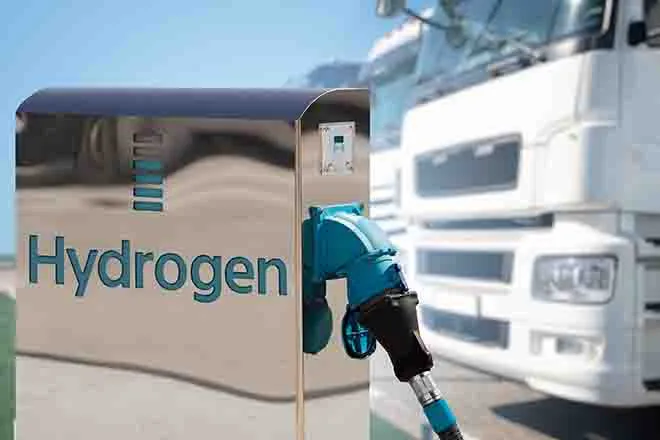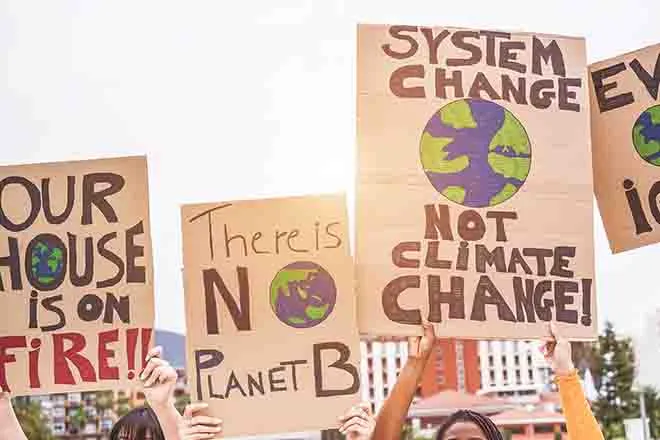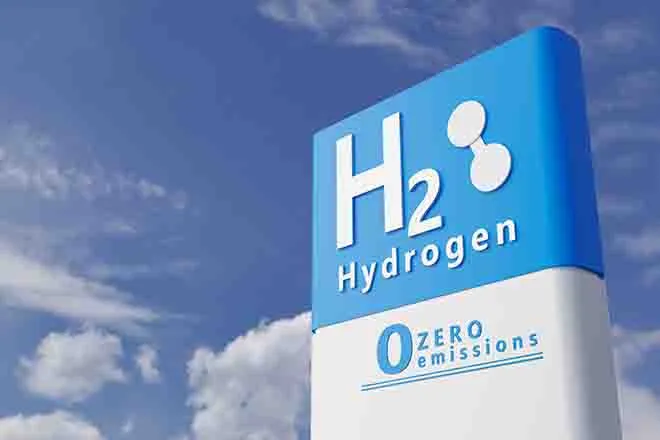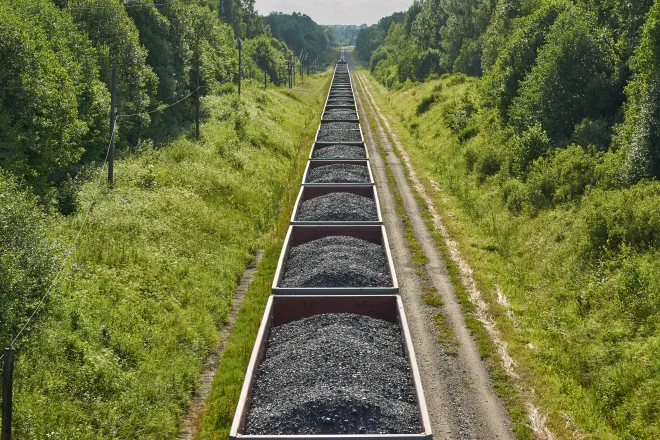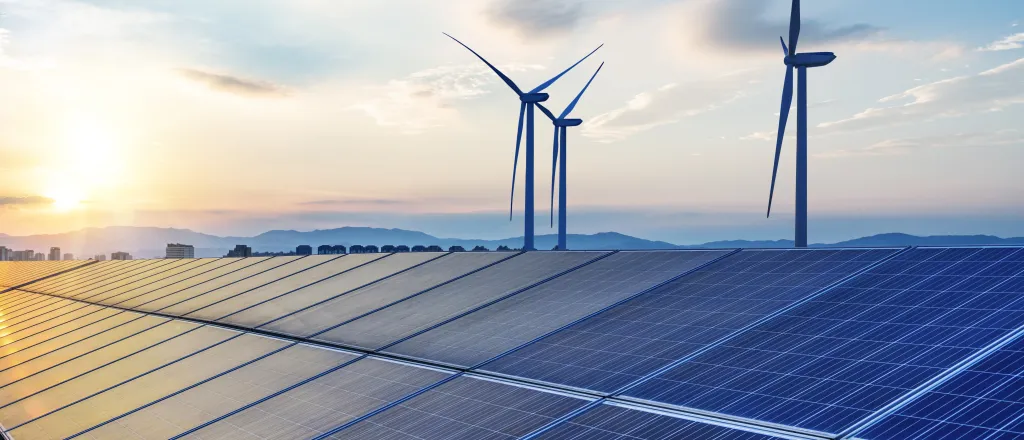
Despite SCOTUS EPA decision, Idaho moves toward clean energy
(Northern Rockies News Service) The busy season of U.S. Supreme Court decisions has come to an end, and among the policies justices struck down is the federal government's ability to regulate greenhouse-gas emissions from power plants. But what does it mean for Idaho?
Justices ruled that the U.S. Environmental Protection Agency needs approval from Congress to address something big and new such as climate change, reversing the agency's attempt to regulate coal-fired power plants. The decision places more responsibility on states to govern carbon emissions.
Marie Kellner, conservation programs director for the Idaho Conservation League, said her group is disappointed with the decision, but notes it may not affect Idaho's trajectory much.
"Here in Idaho, we're moving in the right direction and I actually don't have a lot of concern that this opinion is going to change or reverse that direction, because the the market's already making it happen," she said. "We're moving in that way."
Idaho Power, which serves 600,000 customers across southern Idaho and eastern Oregon, has already committed to providing 100% clean energy by 2045. Avista, which has 400,000 electric customers in the Northwest, similarly plans to provide 100% clean power by 2045.
Last year, renewable energy generated nearly three-quarters of Idaho's in-state electricity - but that's mainly from hydropower, according to the Energy Information Administration. Still, Kellner said, the Supreme Court's EPA decision will have some impact on the state. She noted that climate and air pollution don't recognize state boundaries.
"These are collective problems for all of humanity, and this decision made it that much harder for the states, the utilities, the regulators that had not yet made clean energy commitments," she said. "This allows them a little more time to be reliant on these fuels that are making people sick, and that are heating up the world."
Despite the ruling, the Biden administration has said it's still aiming to cut fossil-fuel emissions completely from the electricity sector by 2035.

